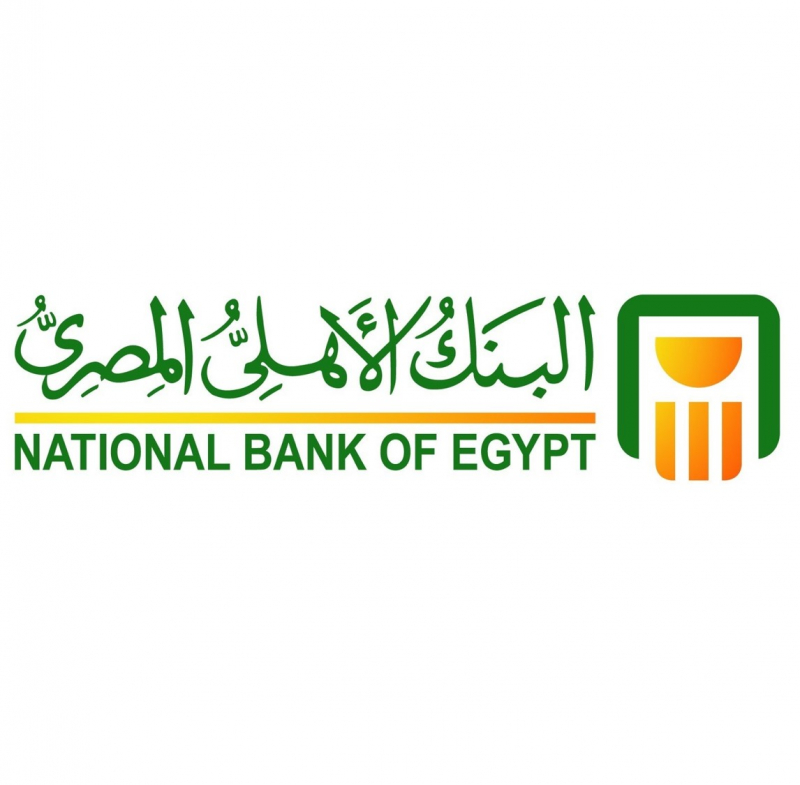National Bank of Egypt

NBE has been considered as one of Egypt's oldest and most reputable commercial banks since its founding in 1898 with a capital of GBP1 million. NBE has been the principal backer of Egypt's national economy through financing important Egyptian national initiatives and has never been immune to national difficulties or worries. NBE's aims and activities have evolved throughout time as the country's economy and politics have changed.
NBE was initially tasked with creating banknotes and managing government finances, but by the 1950s, it had expanded its responsibilities to include Central Bank functions. In the 1960s, it concentrated on commercial banking while continuing to provide central banking functions in areas where the Central Bank did not have a presence. Eventually, the State will be responsible for issuing and monitoring Investment Certificates. NBE presently holds 23.6 percent of all assets in Egypt's banking system, as well as 25.8% of total deposits and 21.8 percent of total loans.
In terms of bank capital, deposits, assets, and the number of branches and staff, National Bank is the largest bank. It rose 79 positions from 292 last year to 371 in 2020, and it has the second-fastest capital growth in the list of top banks, with a 15 percent increase of $4.6 billion, propelling it from 6th to 5th place. Total assets increased by 15% to $86.2 billion, but net profit fell by 24% to $565 million. According to lhab EI-Sewerky, CEO of Bank, national banks seek to raise their market share by 3% by the end of 2023, up from 1.1 percent currently. For the seventh year in a row, National Bank was named Egypt's Best Retailer.
Founded: 1898
Revenue: $4.6 billion
Headquarters: Boulak, Cairo











